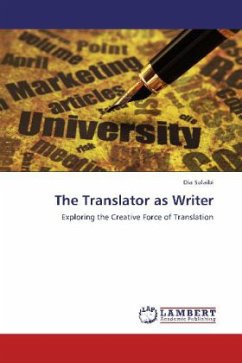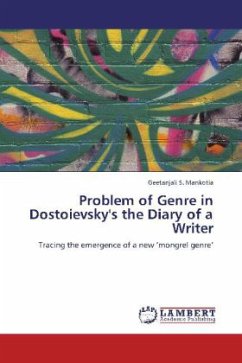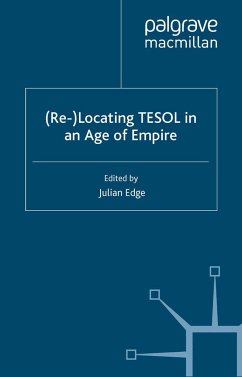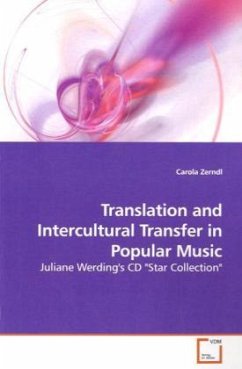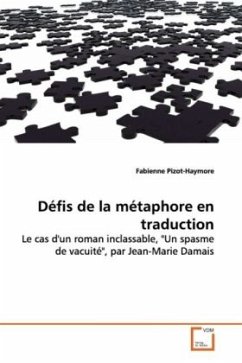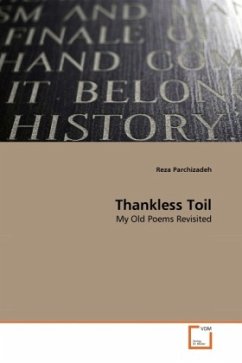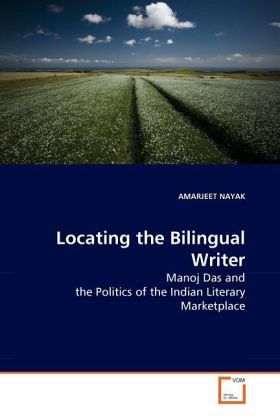
Locating the Bilingual Writer
Manoj Das and the Politics of the Indian Literary Marketplace
Versandkostenfrei!
Versandfertig in 6-10 Tagen
39,99 €
inkl. MwSt.

PAYBACK Punkte
20 °P sammeln!
This book seeks to explore and find some possible solutions to the problematic position of a bilingual writer writing in English and at least one regional language in India. It explores the conflicted position of the bilingual writer against the background of the Indian literary scene which is perceived as divided into two binary opposites: Indian Writing in English (IWE) and Regional Language Literatures (RLL). The study uses reception theory and its focus on interpretive community to explore the reception of a bilingual writer. To this end, it focuses on the reception of Manoj Das, a bilingu...
This book seeks to explore and find some possible solutions to the problematic position of a bilingual writer writing in English and at least one regional language in India. It explores the conflicted position of the bilingual writer against the background of the Indian literary scene which is perceived as divided into two binary opposites: Indian Writing in English (IWE) and Regional Language Literatures (RLL). The study uses reception theory and its focus on interpretive community to explore the reception of a bilingual writer. To this end, it focuses on the reception of Manoj Das, a bilingual writer who produces original literary output in English and Oriya, to analyse the reasons for the bilingual writer's split reception where the writer's identities as an IWE and an RLL writer are seen in mutual isolation by the Indian literary marketplace. Having established the existence and reasons for the bilingual writer's split reception, the study seeks to explore the possible ways of a holistic reception of the bilingual writer. For this purpose, it takes recourse in two frameworks: translation theory and postcolonial theory.



